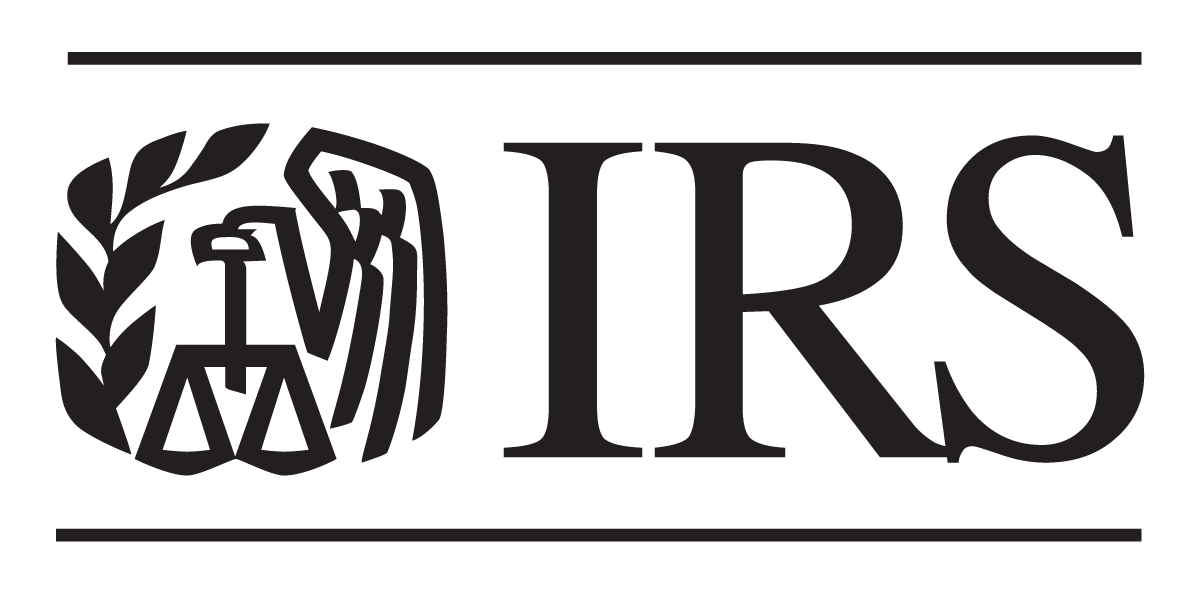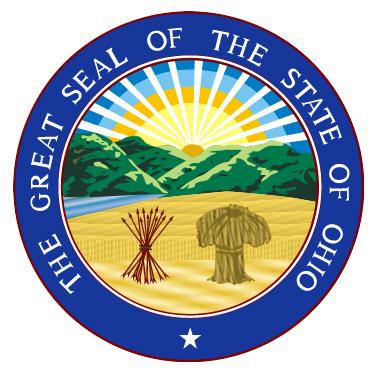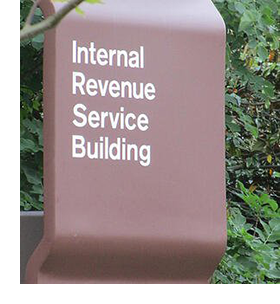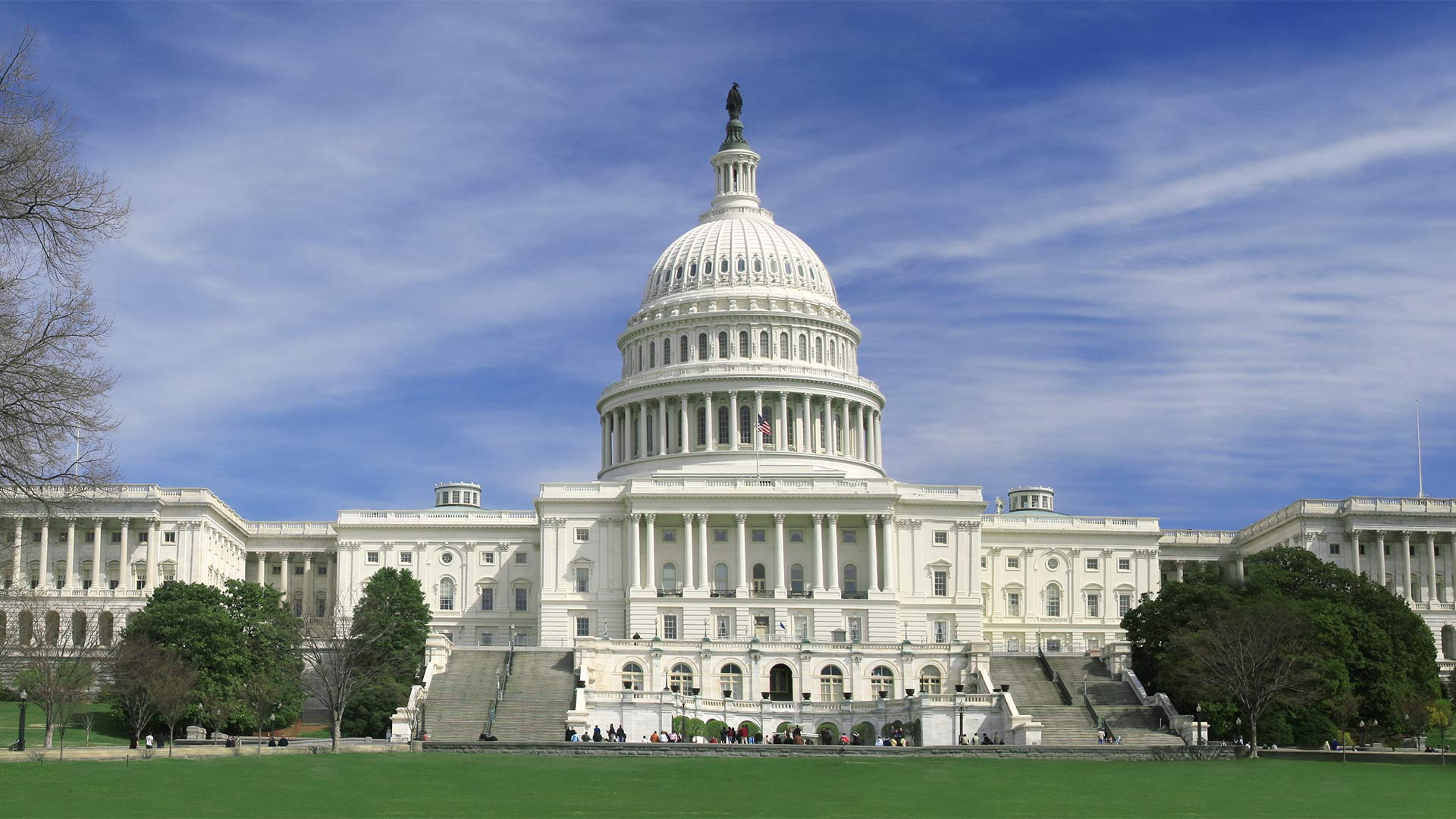The State of Ohio Department of Job and Family Services recently announced a new unemployment insurance tax system will go live in December.
The State of Ohio Unemployment Resource for Claimants and Employers, otherwise known as the SOURCE, will provide users with a friendly, self-service experience, tailored to meet the needs of both claimants and employers.











